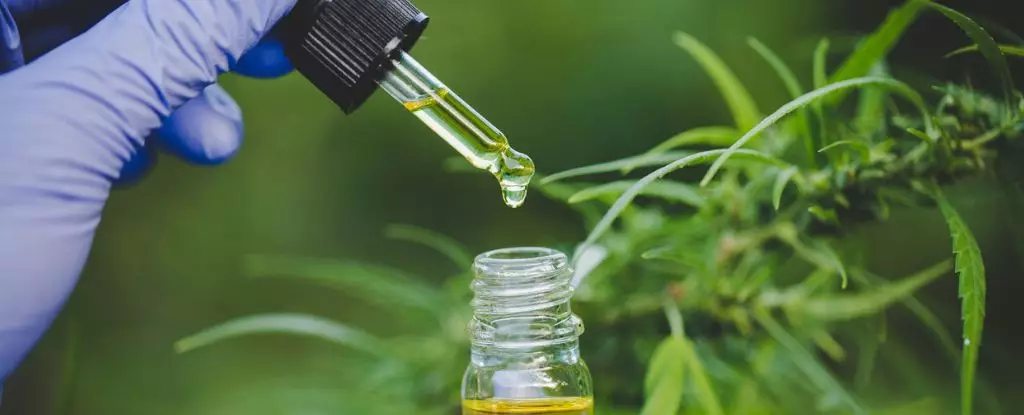Cannabigerol (CBG), a lesser-known compound found in cannabis plants, is starting to gain recognition for its potential benefits. Often referred to as the “mother of all cannabinoids,” CBG has the ability to metabolize rapidly into CBD and THC. While CBD is widely known for its non-intoxicating properties and therapeutic potential, CBG is emerging as a new player in the field of holistic medicine.
The first human clinical trial to investigate the effects of CBG on anxiety and stress has yielded promising results. In a study involving 34 healthy participants, individuals who ingested a tincture of CBG reported a significant reduction in feelings of anxiety and stress compared to those who took a placebo. Furthermore, participants exhibited improved verbal memory scores after consuming CBG, a surprising outcome considering the typical impact of THC on memory.
Despite the positive results observed in the trial, psychologists and researchers urge caution in the promotion of CBG as a miracle drug. While the initial findings are encouraging, more replication studies and further research are needed to validate the claims surrounding CBG’s efficacy. It is essential to avoid unwarranted hype and ensure that scientific evidence supports any potential medical applications of CBG.
Although CBG is present in cannabis plants in trace amounts and has been overshadowed by THC and CBD, preclinical studies suggest that it holds promise in various therapeutic areas. Animal studies have shown that CBG possesses anti-inflammatory and pain-relieving properties, as well as the ability to reduce seizures in models of childhood epilepsy. These findings hint at the potential of CBG as a valuable addition to the realm of natural remedies.
The recent experiments on CBG’s effects on anxiety and stress have shed light on its potential as a treatment option. However, limitations such as low dosage and small study cohorts have hindered the ability to draw definitive conclusions. Despite the positive responses from survey participants who reported using CBG to manage anxiety and depression, further research is necessary to establish the full scope of CBG’s therapeutic benefits.
As CBG gains popularity and more producers enter the market with bold claims, it is crucial to maintain a scientific approach to its evaluation. While the initial studies are promising, the road ahead involves rigorous testing, replication, and validation to unlock the full potential of CBG. By approaching the rise of CBG with cautious optimism and a commitment to sound scientific practices, we can truly understand its role in the evolving landscape of natural remedies.


Leave a Reply